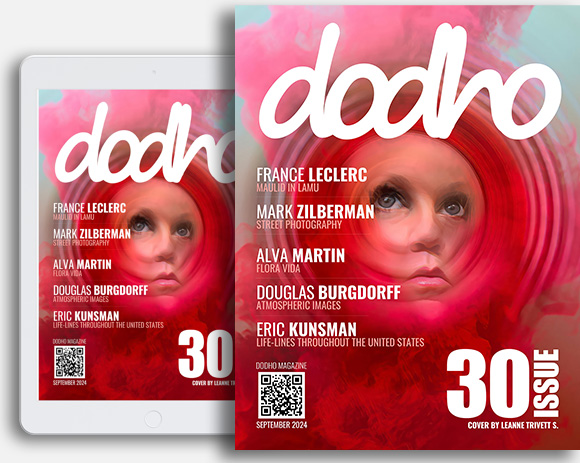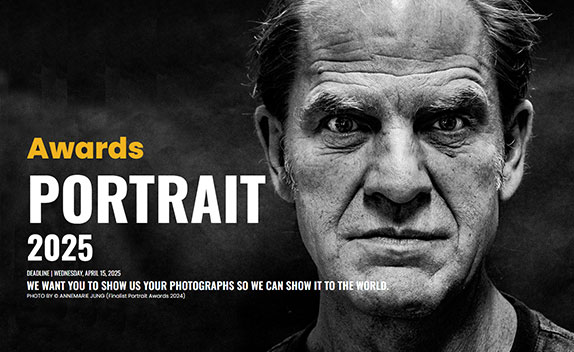The formation of a caldera creates an environment where familiar foundations crumble, leaving everyone inside trapped within a new and uncertain territory.
Similar to intense heat and pressure within a caldera, the experience of forced immigration can evoke feelings of disorientation, fear, and despair. The loss of familiar surroundings, support from loved ones, and cultural identity can lead to a profound sense of isolation and vulnerability. However, it is important to recognize the resilience and strength within oneself. Over time, through connection to community, attraction to art, and new interests, individuals can find ways to rebuild their lives and transform adversity into growth and opportunity. It is through this journey of adaptation and self-discovery that the psychological scars of forced immigration may gradually heal, and a new sense of belonging and purpose may be forged.
About Andrei Bortnikau
He lives and works as a photographer in Tbilisi, Georgia. Born in Belarus in 1987, Andrei worked as a photographer specializing in advertising and architecture for global and personal brands for 7 years in Minsk. As a reportage photographer, he participated in advertising expeditions to Uzbekistan, Kazakhstan, the Alps, Georgia, Armenia, and the Netherlands. Andrei collaborated with Unicef on a social project concerning children with disabilities in major cities of Belarus. A significant part of his career has been devoted to travel photography. His work has been published in guidebooks and magazines, and he has participated in several photo exhibitions focusing on travel topics.
Andrei moved to Tbilisi, Georgia, in 2022. This move has influenced his work and creativity. He delved deeper into his thoughts and began working on photography projects based on his experiences. He has released several series in the form of NFTs and participated in an exhibition in Rome. In his projects, Andrei uses bright colors and monochrome, dynamics and statics, naturalness and artificiality, reflecting human perception of subjective reality. This reality lacks constancy due to the variability of life conditions and circumstances. He utilizes both existing objects and landscapes, and people in literal or metaphorical senses. [Official Website]











